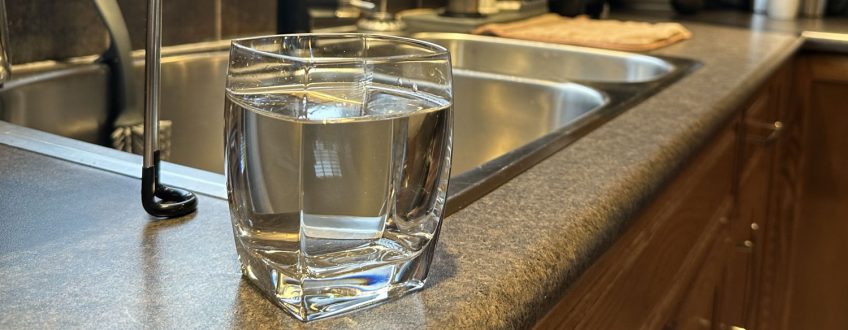Blog

The Essential Guide on How to Stay Hydrated
Hydration is the cornerstone of good health. As the body is made up of roughly 60% water, maintaining an optimal fluid balance is critical for a myriad of physiological functions, from digestion to temperature regulation. Despite its importance, many people fall short of meeting their daily hydration needs. This article explores the best ways to stay hydrated, ensuring that your body remains in peak condition.
Why is Hydration Important?
Hydration plays a pivotal role in our overall well-being. Proper hydration:
1. Supports Digestion: Saliva, essential for digestion, requires water. Additionally, water helps dissolve nutrients making them more accessible to the body.
2. Aids Detoxification: Our kidneys rely on an adequate water supply to filter out waste through urine.
3. Regulates Temperature: Sweating and respiration, processes that release heat, need water to function optimally.
4. Lubricates Joints: Synovial fluid, which lubricates our joints, requires hydration to protect our bones from grinding against each other.
5. Enhances Skin Health: Hydration improves skin elasticity and can aid in preventing dryness.
Top Strategies on How to Stay Hydrated:
1. Start Your Day Right: Begin each morning with a glass of water. After hours of sleep, this can kickstart your hydration routine and replenish any overnight losses.
2. Infuse Your Water: If plain water doesn’t appeal to you, try infusing it with fruits like lemon, cucumber, or berries. This not only enhances the taste but also adds a nutritional punch.
3. Keep a Water Bottle Handy: Whether you’re at work, running errands, or working out, having a water bottle within arm’s reach serves as a visual reminder to drink up.
4. Track Your Intake: There are numerous mobile apps available that log your water intake and provide reminders. Alternatively, you can mark levels on your water bottle and set goals for certain times of the day.
5. Eat Water-Rich Foods: Hydration isn’t just about what you drink. Consuming foods with high water content, such as watermelon, cucumbers, oranges, and strawberries, can significantly contribute to your fluid intake.
6. Rehydrate After Exercise: Physical activity, especially intense or long-duration workouts, can result in significant fluid loss. Aim to drink at least 500 ml of water after moderate exercise, and consider more if the activity was particularly strenuous or if you were sweating profusely.
7. Limit Dehydrating Drinks: Beverages like alcohol, coffee, and some teas can have a diuretic effect, potentially causing more fluid loss. While moderate coffee or tea consumption is acceptable for most, ensure you’re compensating with additional water if you’re consuming diuretics.
8. Be Mindful of the Climate: If you’re in a hot or dry environment, you’ll likely need more water. The same goes for high altitudes. Adjust your intake based on your surroundings.
9. Listen to Your Body: Thirst is an obvious sign that it’s time to drink, but by the time you feel thirsty, you might already be slightly dehydrated. Regularly sipping on water throughout the day can prevent this. Also, monitor the color of your urine; a pale straw hue typically indicates good hydration.
10. Consider Electrolytes: Hydration isn’t solely about water. Electrolytes, such as potassium, sodium, and magnesium, maintain fluid balance in and out of cells. After heavy sweating or during illness, consider electrolyte-rich beverages or foods.
11. Set a Routine: As with any habit, consistency is key. Set specific times for drinking water, such as after waking up, before each meal, and before bed.
12. Be Cautious with Overhydration: While rare, it’s possible to drink too much water, leading to a condition called hyponatremia where the balance of electrolytes in your body is disrupted. Listen to your body and avoid forcing excessive amounts of water in short periods.
Hydration is integral to our health, influencing everything from our energy levels to cognitive functions. With busy lifestyles, it’s easy to forget the simple act of drinking water. Yet, by implementing the strategies outlined above, you can ensure that you’re adequately hydrating your body, paving the way for optimal health and vitality. Remember, individual hydration needs can vary based on factors like age, activity level, and health conditions. Always listen to your body, and when in doubt, consult with a healthcare professional.
Comments are closed.